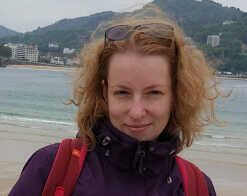People
Faculty
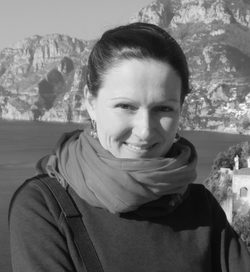
Monika Leszczyńska
Monika Leszczyńska is Assistant Professor of Empirical Legal Research at the Maastricht University Faculty of Law, Netherlands. She received her PhD in law from University of Bonn (Germany). In her research, she uses laboratory and online experiments as well as content analysis to deliver evidence-based insights to legal decision-makers on the impact of law on human behavior. Among others, she has researched how gender quotas influence group cooperation. She also studies how individuals make decisions in the online environment, i.e., how zero-price offers affect people’s decisions about their contractual rights and privacy. This research project has been funded by a Marie Skłodowska-Curie Individual Fellowship.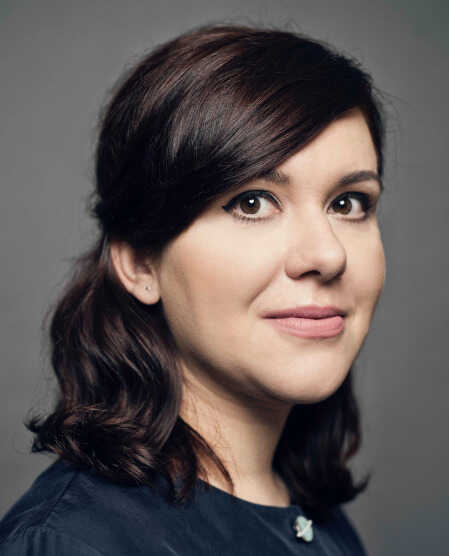
Catalina Goanta
Catalina is Assistant Professor in Private Law at Maastricht University and co-manager of the Maastricht Law and Tech Lab. Her current research addresses decentralization and Internet governance, with projects such as the regulation of social media influencers, where she looks at monetization and content moderation on social media. During February 2018 - February 2019, Catalina was a Niels Stensen fellow and visited the University of St. Gallen (The Institute of Work and Employment) and Harvard University (The Berkman Center for Internet and Society). Catalina is also a non-residential fellow of the Stanford Transatlantic Technology Law Forum, and was a visiting researcher at the Stanford Law School during September 2017.Speakers
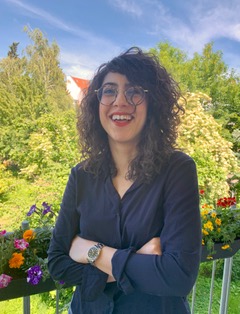
Amalia Alvarez-Benjumea
Amalia Alvarez-Benjumea is a senior research fellow at the Max Planck Institute for Research on Collective Goods in Bonn (Germany), where she works as part of the Max Planck Research Group “Mechanisms for normative change”. She received her Ph.D. in sociology from the University of Cologne, Germany, in 2019. In her current research, she addresses the effect of social norms on the expression of prejudice, particularly online hate speech. She has studied the causal effect of specific interventions, such as censoring hate content, in online hate. She has also studied the impact of terrorist attacks on xenophobic speech in online discussions. She uses different methodological approaches with a focus on experimental methods, particularly online experiments.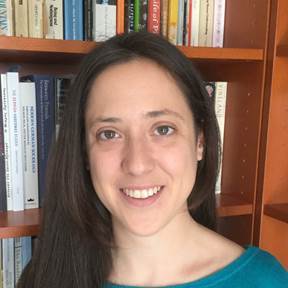
Argyri Panezi
Argyri is Assistant Professor of Law and Technology at IE Law School and research fellow at the Digital Civil Society Lab at Stanford PACS. Her research interests include access to knowledge, digitization, and AI. She is examining digital civil society interactions with libraries and other cultural heritage institutions, as well as electronic access to public institutions (mostly courts) and the relevant legal frameworks incentivizing distributed methods for building a content infrastructure accessible online. Her current work focuses on access to court material. She explores legal and ethical issues around e-justice and legal innovation more generally. She is also exploring regulatory challenges for FOSS that form part of critical digital infrastructure. Argyri has previously written on digitization, on copyright issues related to digital libraries, and on the European legal framework applicable to cultural heritage institutions. Argyri holds a Ph.D. from the European University Institute, and studied at the University of Athens and at Harvard Law School.
Constanta Rosca
Constanta Rosca is a PhD researcher in Digital Legal Studies at the Maastricht Law and Tech Lab (Maastricht University). Constanta Rosca holds a LL.B. in European Law (cum laude, 2017) and a LL.M. in European Law (cum laude, 2018) from Maastricht University. During her studies at Maastricht University, Constanta participated in the research excellence programme MaRBLE, lead the team in charge of the Ambassador Lectures project and was a teaching fellow for Introduction to International and European Law, International and European Law, SMEI (States, Markets and European Integration) and Comparative Contract Law. Constanta is also the co-coordinator of the Python Club. The Python Club is an initiative to support the development of programming and data analysis skills amongst researchers at the Faculty of Law.
Frank Fagan
Frank Fagan is an Associate Professor of Law at EDHEC Business School and a member of the Legal EDHEC research center. He teaches and writes about contracts, corporations, torts, attorney ethics, and the First Amendment. Work in progress includes empirical analysis of the complete corpus of U.S. contractual good faith case law and theoretical analysis of the strengths and limitations of algorithms in law.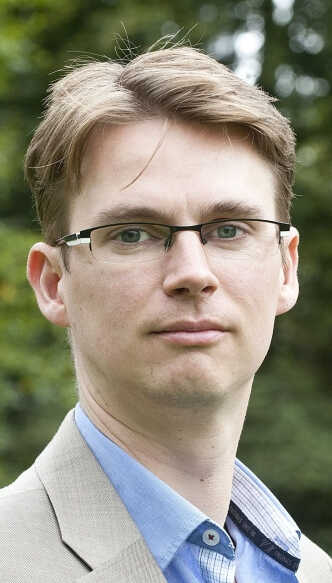
Gijs van Dijck
Gijs van Dijck is an empirical legal scholar who specializes in tort law, insolvency law, and contract law. He uses empirical legal research methods and data sciences methods, network analysis in particular, to analyze legal issues. Research topics include the role of non-monetary relief in tort law, apologies and law, the effects tort law has on behavior, class actions, funding mechanisms in bankruptcies, and legal analytics ('big data'). He has taught courses on tort law, contract law, property law, legal methodology, and empirical legal research. Van Dijck has published in top journals including the Journal of Empirical Legal Studies and the Oxford Journal of Legal Studies. He has been a speaker at various conferences, including ones at Oxford, Harvard, Yale, Duke and Cornell. He was a visiting scholar at Stanford University in 2011. He is Professor of Private Law, Director of M-EPLI, researcher at the Maastricht Law and Tech Lab, and Principal Investigator at BISS Institute, Smart Services Campus.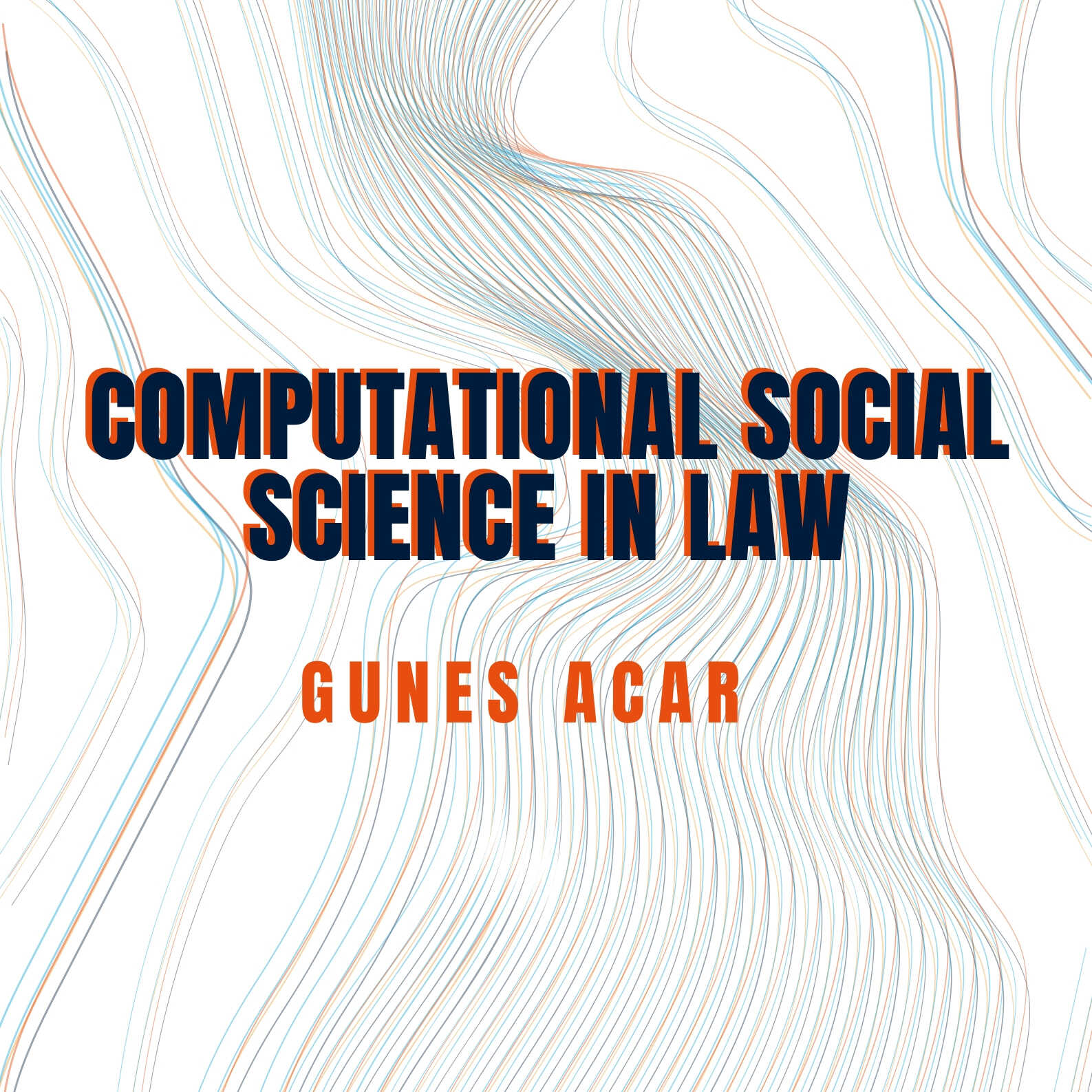
Gunes Acar
Gunes is a FWO postdoctoral fellow at KU Leuven's COSIC research group. His research interests involve web tracking measurement, anonymous communications, and IoT privacy and security. Gunes obtained his PhD at KU Leuven in 2017, and was a postdoctoral researcher between 2017 and 2019 at Princeton University's Center for Information Technology Policy.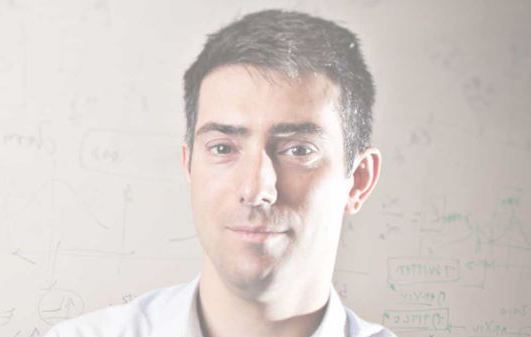
Johan Bollen
Johan Bollen is a professor of informatics at Indiana University . He was formerly a staff scientist at the Los Alamos National Laboratory from 2005-2009, and an Assistant Professor at the Department of Computer Science of Old Dominion University from 2002 to 2005. He obtained his PhD in Experimental Psychology from the Vrije Universiteit Brussel (VUB) in 2001. He has published more than 75 articles on computational social science, social complexity, health, well-being, machine learning, and informetrics. His research has been funded by the NSF, DARPA, IARPA, EDA, NASA, and Andrew W. Mellon Foundation. Johan lives in Bloomington, Indiana with his wife and daughter. In his free time he enjoys P90x and DJing in the local Bloomington clubs as DJ Angst (with his colleague E-trash aka Luis Rocha).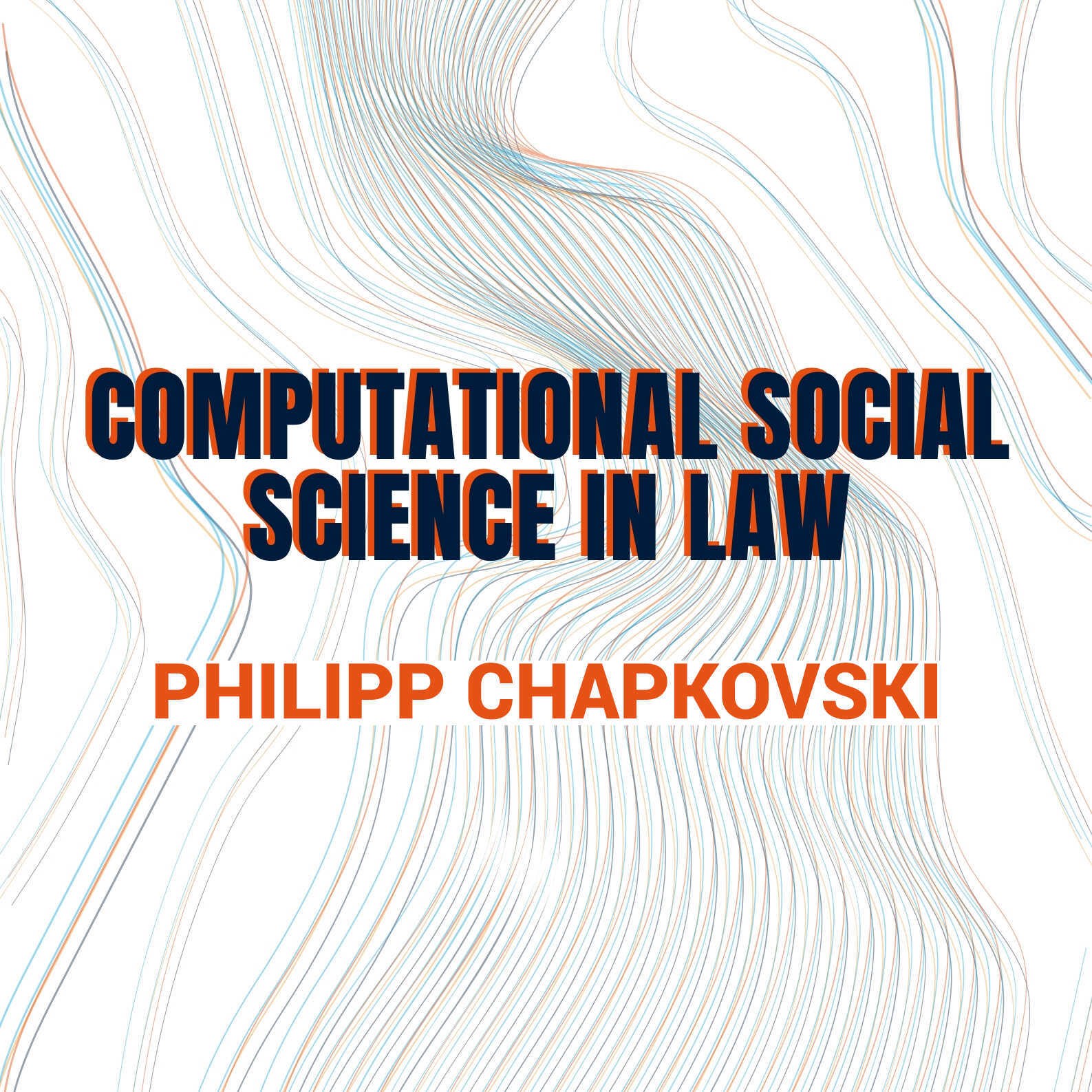
Philipp Chapkovski
Philipp is a postdoctoral fellow at HSE-Moscow, International lab for the behavioral and experimental economics. His main research topics are collective sanctions, social conformity and methodological issues with running experiments online using crowdsourcing platforms (Amazon mTurk, Prolific and Yandex.Toloka). Philip received his PhD in Sociology from the European University Institute, Florence, and was a postdoctoral researcher in the University of Zurich.Teaching Assistants
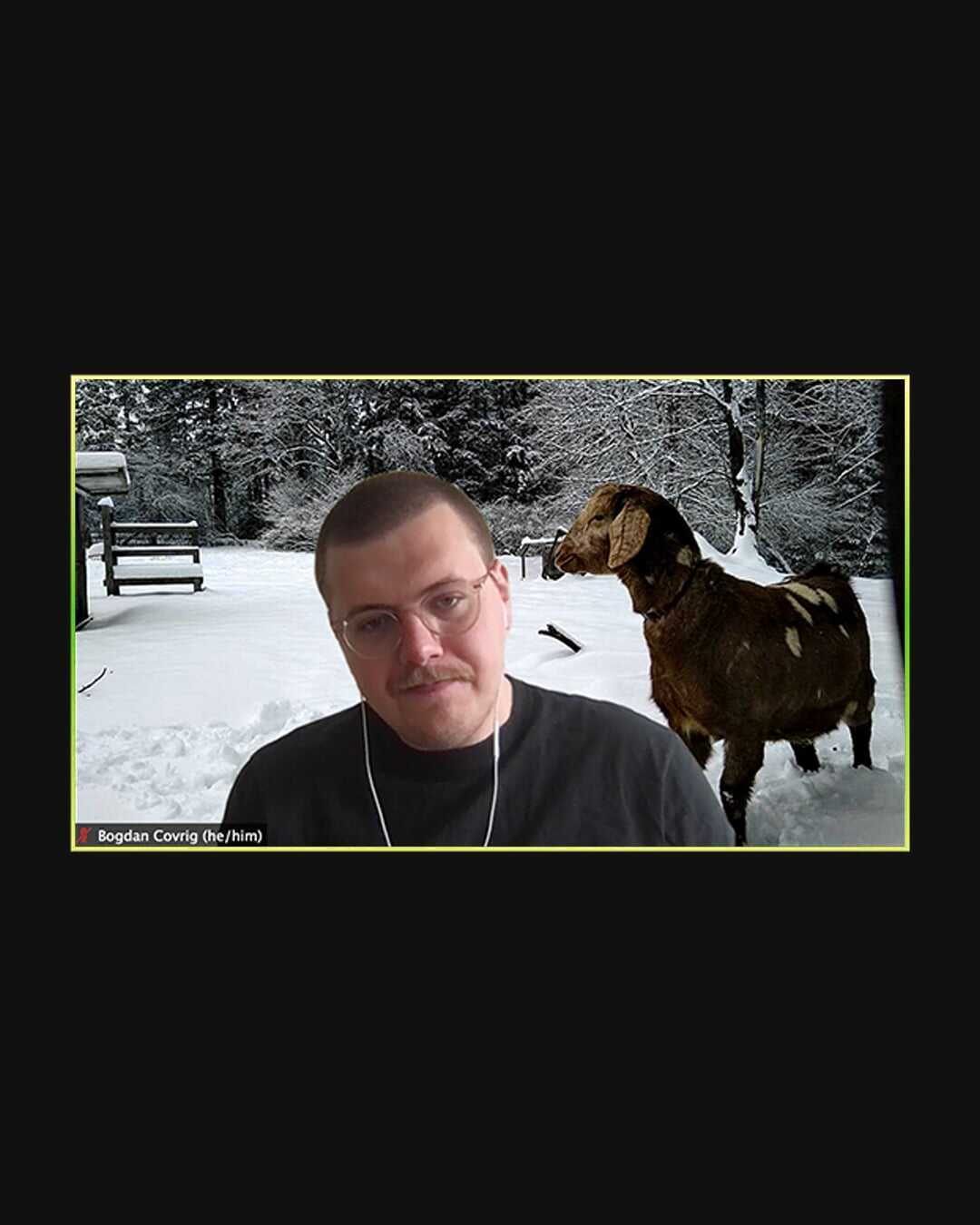
Bogdan Covrig
Bogdan Covrig is a Research Assistant at the Maastricht Law&Tech Lab (Maastricht University). He is currently following a computer science bachelor degree (Saxion University), which contributes to the interdisciplinary research conducted at the Lab. He is passionate about building infrastructures that support the development of digital legal frameworks. His research interests include human computer interaction (HCI) from the perspective of user behavior and consumer protection. In particular, his current projects focus on social media consumer profiling and influencing, as well as the impact of recommender systems on the commercial activities of influencers/content creators.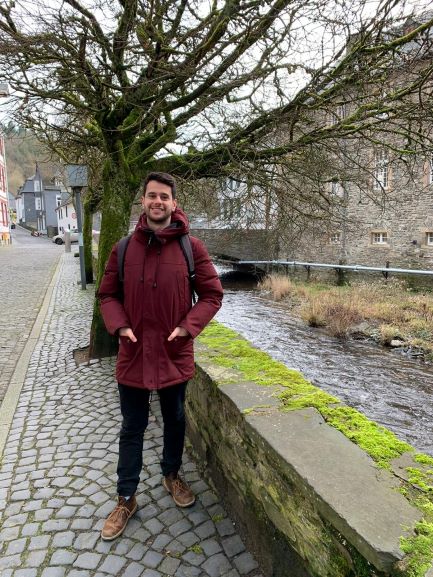
Thales Bertaglia
Thales is a PhD Candidate at Maastricht University, working jointly with Studio Europa and the Institute of Data Science. His current research focuses on characterizing the opinion of youth on European issues using Artificial Intelligence techniques for social media analysis. He is passionate about Computational Linguistics and Machine Learning. Thales received his Master’s Degree in Computer Science and Computational Mathematics from the University of São Paulo.Participants
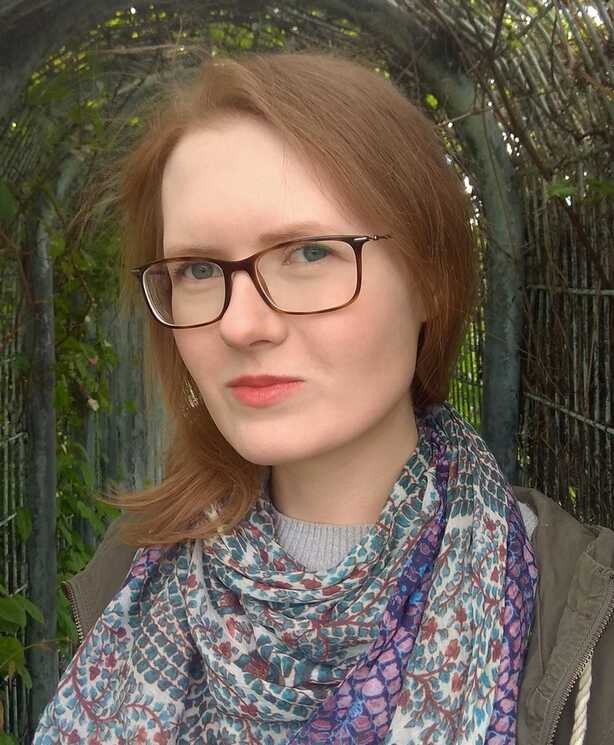
Agnieszka Karlińska
Agnieszka Karlińska is a PhD candidate at the Institute of Sociology and at the Institute of Polish Literature at the University of Warsaw. She holds BA's in sociology and cultural studies, MA in sociology and MA in Polish philology. Her main research areas are sociology of law, medical sociology, sociology of literature, text analysis, and NLP. In her dissertation in sociology, she reconstructs discursive strategies adopted by forensic psychiatrists in response to the challenges and contradictions related to their role in the legal system. Using computational methods, she compares forensic psychiatric opinions with strictly medical and legal texts. In her dissertation in literary history, she employs quantitative text analysis to study stylistic and narrative shifts of the nineteenth-century crime fiction. Currently, she works on a project which aims to analyse social shaping of emotions through social media communication in the situation of the COVID-19 crisis.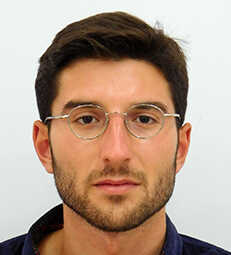
Alessandro Ferrara
Alessandro is a PhD student in Political and Social Sciences at the European University Institute. He earned an MSc in Economics and Social sciences from Bocconi University and has worked in the Education directorate of the OECD for two years. His main research interests are in social stratification, non-cognitive skills and migration. His dissertation focuses on the causes and consequences of migrant optimism in educational transitions. His work draws on a combination of quantitative methods, including network analysis and causal inference.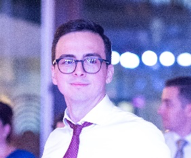
Alexandru Sotropa
Alexandru Sotropa is an external PhD candidate within University of Maastricht, Faculty of Law. Also, he is a practicing lawyer in Bucharest. His academic interests and professional background concern interdisciplinary issues regarding competition law, consumer protection and privacy with a focus on digital area. He aims at developing computational research skills in order to improve the academic work. Alex is also interested in policy developments and has been involved in providing feedback on legislative measures.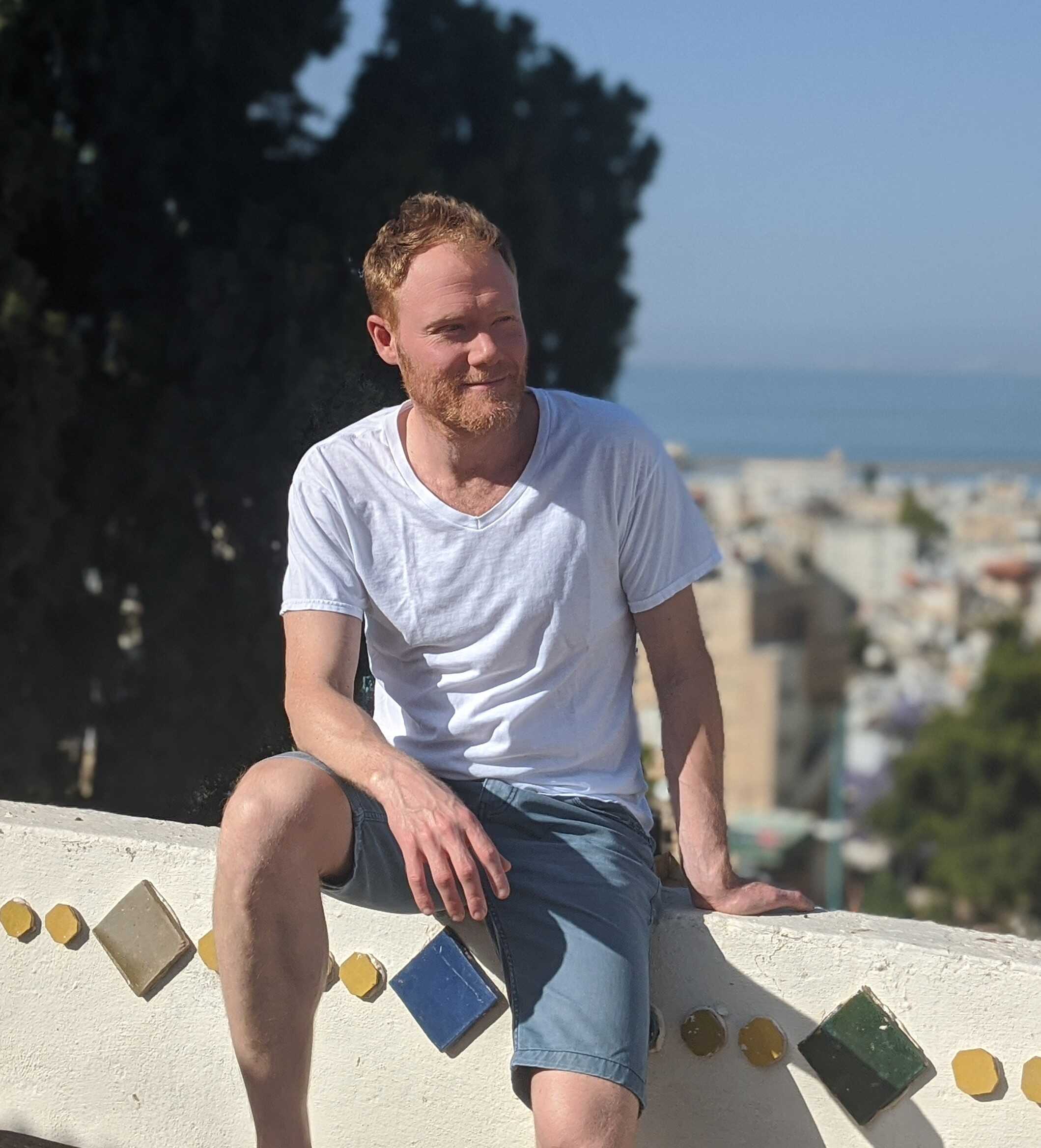
Amit Zac
Amit Zac is a Ph.D. (DPhil) candidate at the University of Oxford, Centre for Competition Law and Policy. Before starting the doctorate, he received a law bachelor’s degree (The Hebrew University of Jerusalem) and LL.M. in Law and Economics (Erasmus University Rotterdam). He also worked as a public attorney in the Israeli Competition Authority and the Supreme Court. He is passionate about empirical legal studies and integrating law research within the wider social sciences. His research interests include economic inequality, competition law and policy and constitution law. His current research project focuses on the causal effect of competition law on economic inequality which is part of a two-year Leverhulme research project. In this project he uses different methodological approaches with a focus on panel data and syntactic control methods.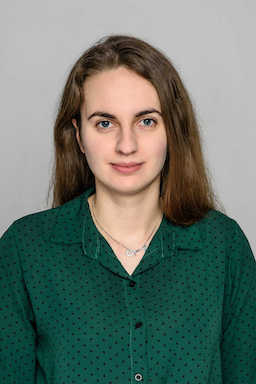
Anna Lewczuk
Anna is a PhD student in economics at University of Warsaw. Her research interests are focused around law & economics, constitutional economy and political economy. She completed master degrees in both law and quantitative methods in economics. Anna’s dissertation concerns the economic analysis of human rights in post-socialist states, particularly their economic effects, impact on subjective well-being of citizens, determinants and the interrelationship between standards of rights protection and economic development. Methodologically, she uses mainly spatial modelling and simultaneous equations models.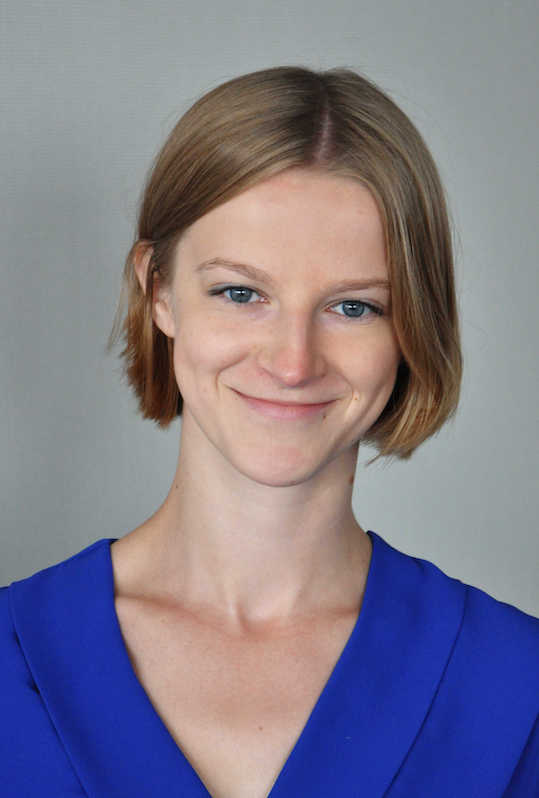
Anna Sekuła
Anna is a PhD student in Comparative Analysis of Institutions, Economics and Law at the University of Turin and Collegio Carlo Alberto, Italy. In her work she focuses on transnational regulation of business activity. She examines diverse state-level legal responses to the problem of abuses of human and environmental rights in global supply chains. More broadly, she is also interested in methodology and philosophy of law and economics and the interdisciplinary redefinition of its conceptual framework.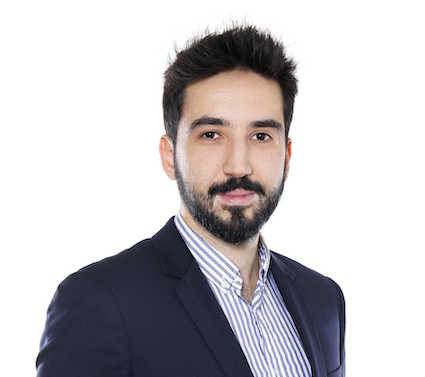
Bilgecag Aydogdu
Bilgecag Aydogdu is a PhD candidate at Utrecht University, in Information and Computing Sciences Faculty. Before starting his Ph.D., he studied political science, economics, development studies and data science in Paris and in Istanbul. His PhD thesis focuses on gaining insights on migration patterns to Europe through the usage of mobile phone data. He is interested in making social impact and evidence-based policy making, which leverages on private data sources. He is excited to take part in growing network of computational social scientists!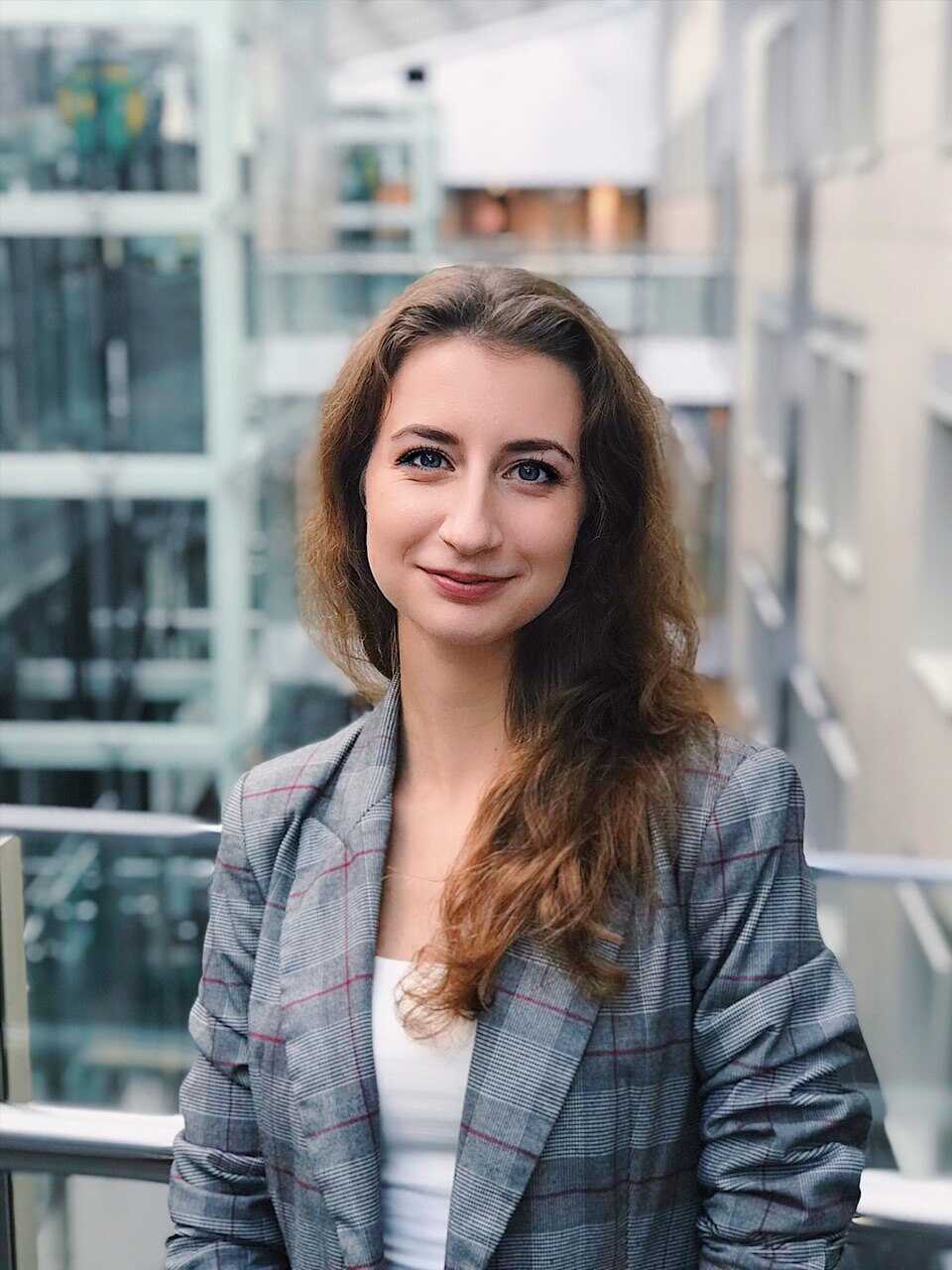
Elena Sidorova
Elena Sidorova is a Junior Researcher of the Institute for Industrial and Market Studies at the Higher School of Economics (HSE), Moscow, Russia. She is a Ph.D. student at the HSE and her sphere of academic interest focuses on Empirical Legal Research. She uses econometric analysis as well as machine learning methods to deliver evidence-based insights to the way of decision-making by judges and parties in commercial legal processes.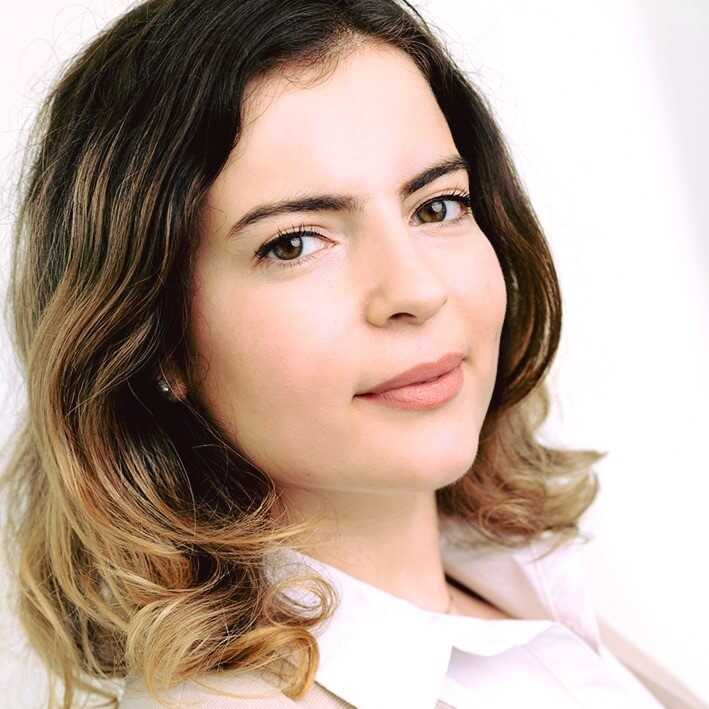
Evangelia Nissioti
Evangelia Nissioti is a Ph.D. candidate at the Erasmus Mundus Doctorate Program on Law and Economics. She has attended research semesters in Universita di Bologna and Erasmus University of Rotterdam while her home university is the University of Hamburg. She has a legal background with a bachelor in law from the National Kapodistrian University of Athens and is an admitted lawyer to the Athens Bar Association. Her research interests revolve around the economic analysis of dispute resolution systems and more specifically, her PhD project deals with the question of whether mediation can generate more efficient outcomes than litigation and negotiation. She holds a Joint Degree Master LL.M/M.A. on Law and Economics from the EMLE Program and is trained in empirical analysis and the conduct of experiments.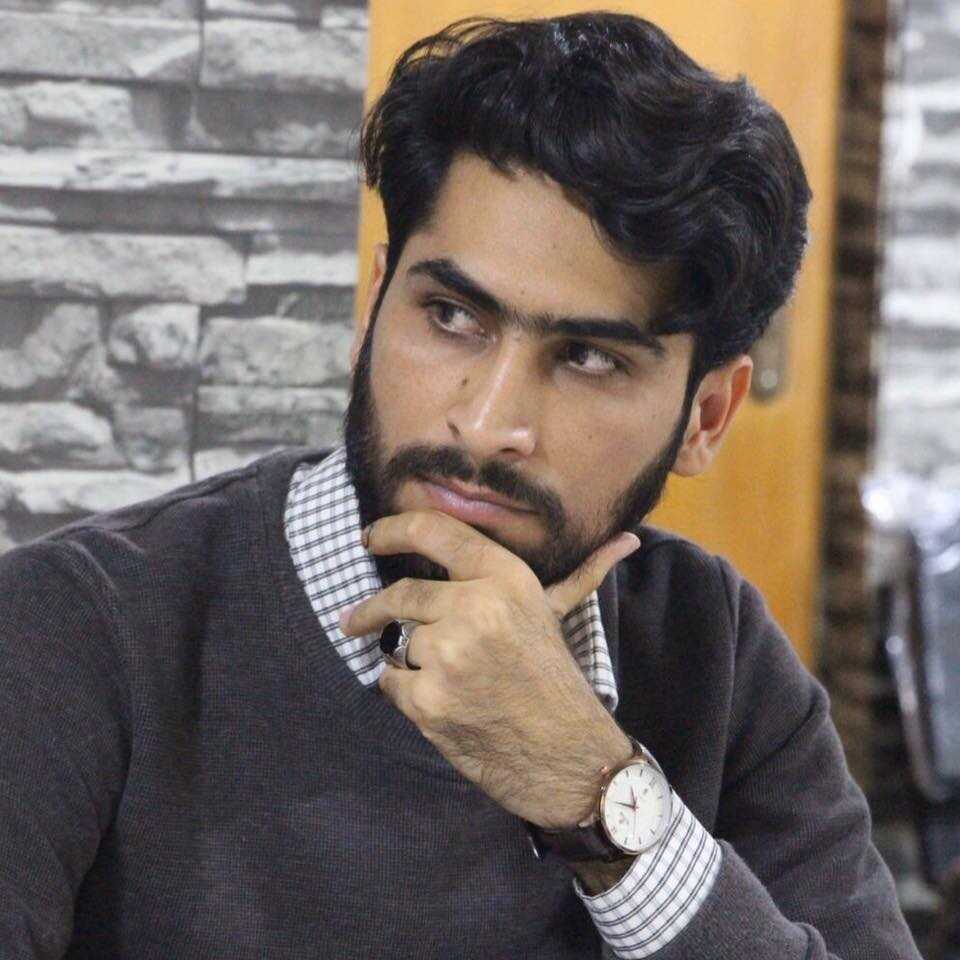
Haroun Rahimi
Haroun Rahimi has obtained his Ph.D. in Law from the University of Washington. Rahimi is an Assistant Professor at the American University of Afghanistan. Rahimi's research focuses on economic laws, institutional development, and institutional reform in the context of less developed countries. Rahimi's dissertation, titled Formalizing Informal Credit and Trade Institutions: How to Create Effective Economic Institutions in Afghanistan and Beyond has been awarded the 2018 Outstanding Dissertation Award by the University of Washington School of Law. Rahimi's research has appeared in reputable local and international journals. Rahimi has also collaborated as an independent consultant with several research firms and policy think tanks conducting research and delivering seminars on institutional development and good governance in the Afghan context. Currently, Rahimi is working on the legal history of Afghanistan and the ways that legal transplantation is legitimized in Muslim countries.
Kirils Makarovs
Kirils Makarovs is a PhD Candidate at the Department of Sociology, University of Essex. His research lies in the field of public understanding of science, risk perception, and conspiratorial mentality. He is also broadly interested in survey data analysis, experimental methodology, and computational approaches to studying public opinion, beliefs, and attitudes.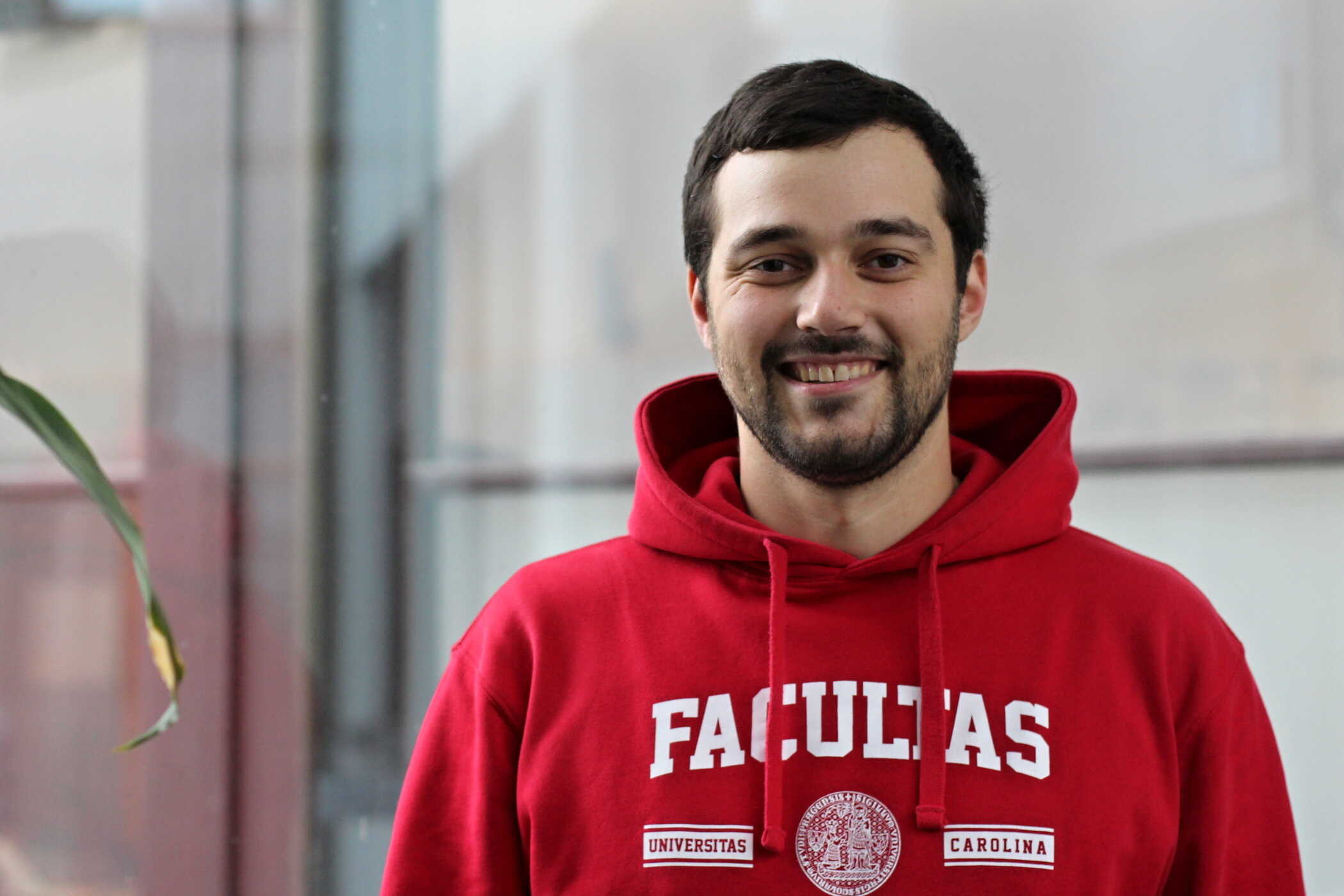
Jakub Drápal
Jakub concludes his Ph.D. studies at Charles University in Prague. Alongside he works at the Czech Academy of Sciences (PI) and as an assistant to a constitutional judge. He focuses on sentencing in post-communist countries using quantitative methodologies. He has studied at the University of Cambridge and spend several months as a visiting researcher at the University of Leiden and Max Planck Institute in Freiburg.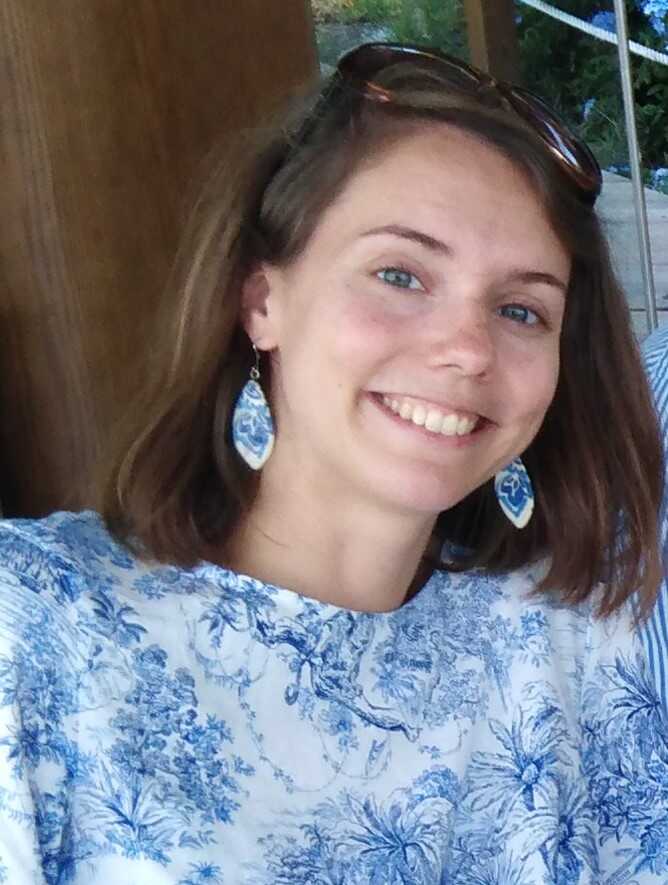
Maria José Schmidt-Kessen
Maria José Schmidt-Kessen is Assistant Professor in EU Commercial Law at Copenhagen Business School. She holds a PhD (2018) from the European University Institute in Florence in competition and intellectual property law. Her current research interests lie in the area of online platform regulation, data governance, smart contracts and the use of algorithms in trade, online gambling regulation, and legal design. Most of her work is theoretical and legal-doctrinal, but she is on a quest to better understand and apply quantitative methods in her legal research.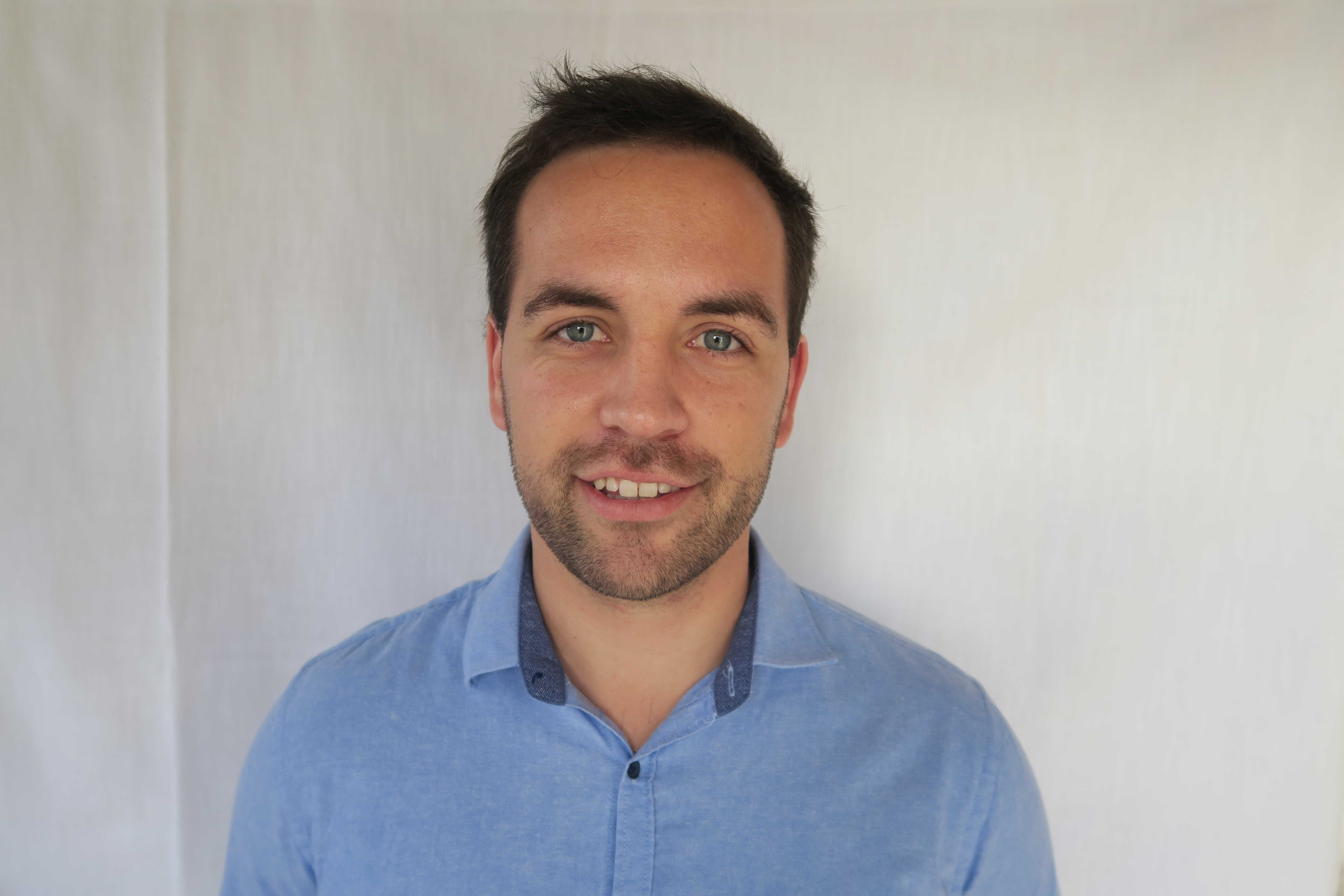
Matthias Krönke
Matthias is a PhD student in the Department of Political Studies at the University of Cape Town. His research focuses primarily on political parties and judicial politics in Africa. Matthias’ dissertation examines how political parties shape citizens’ satisfaction with basic service delivery on the continent. A second stream of research assesses judicial power in Africa and how it affects citizens’ perception of the courts on the one hand, and the quality of elections on the other.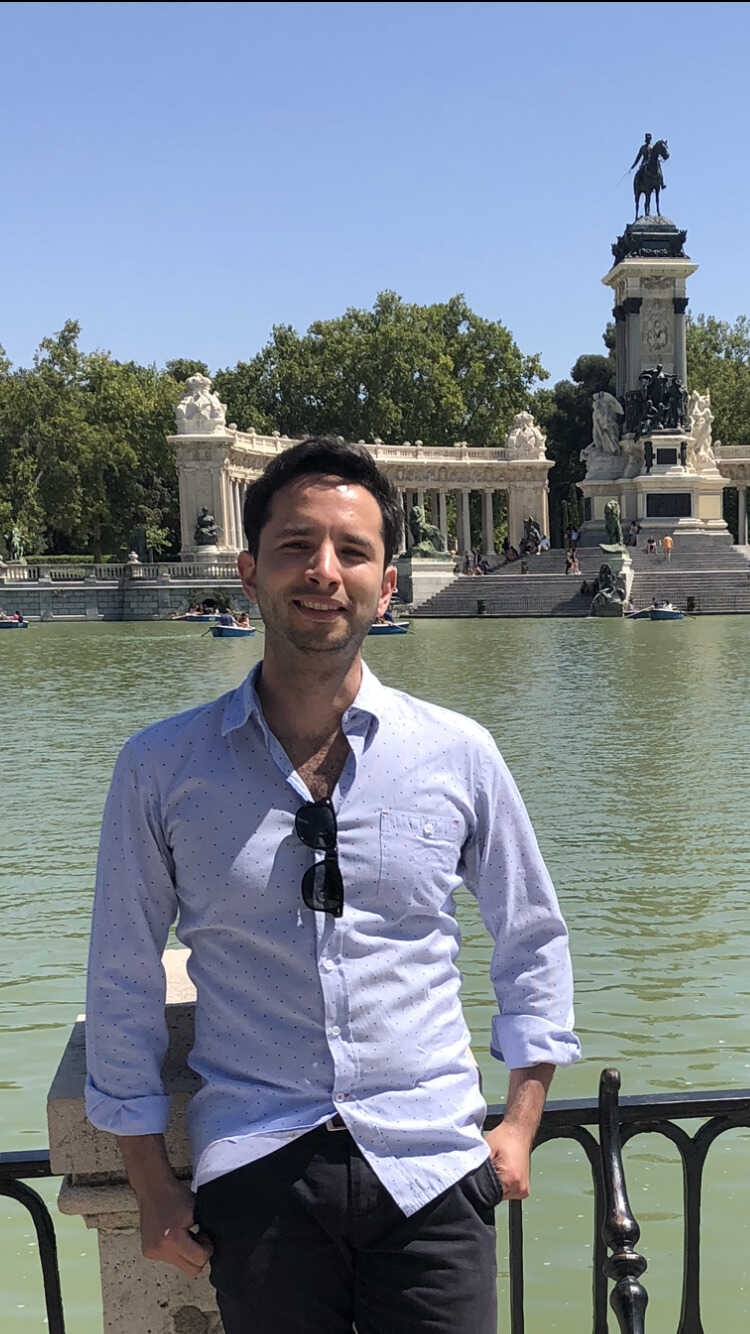
Omar Vasquez Duque
Omar Vasquez Duque is a J.S.D. candidate at Stanford Law School. His research focuses on the application of behavioral insights to competition policy and economic regulation, and empirical analysis of law and its policy implications.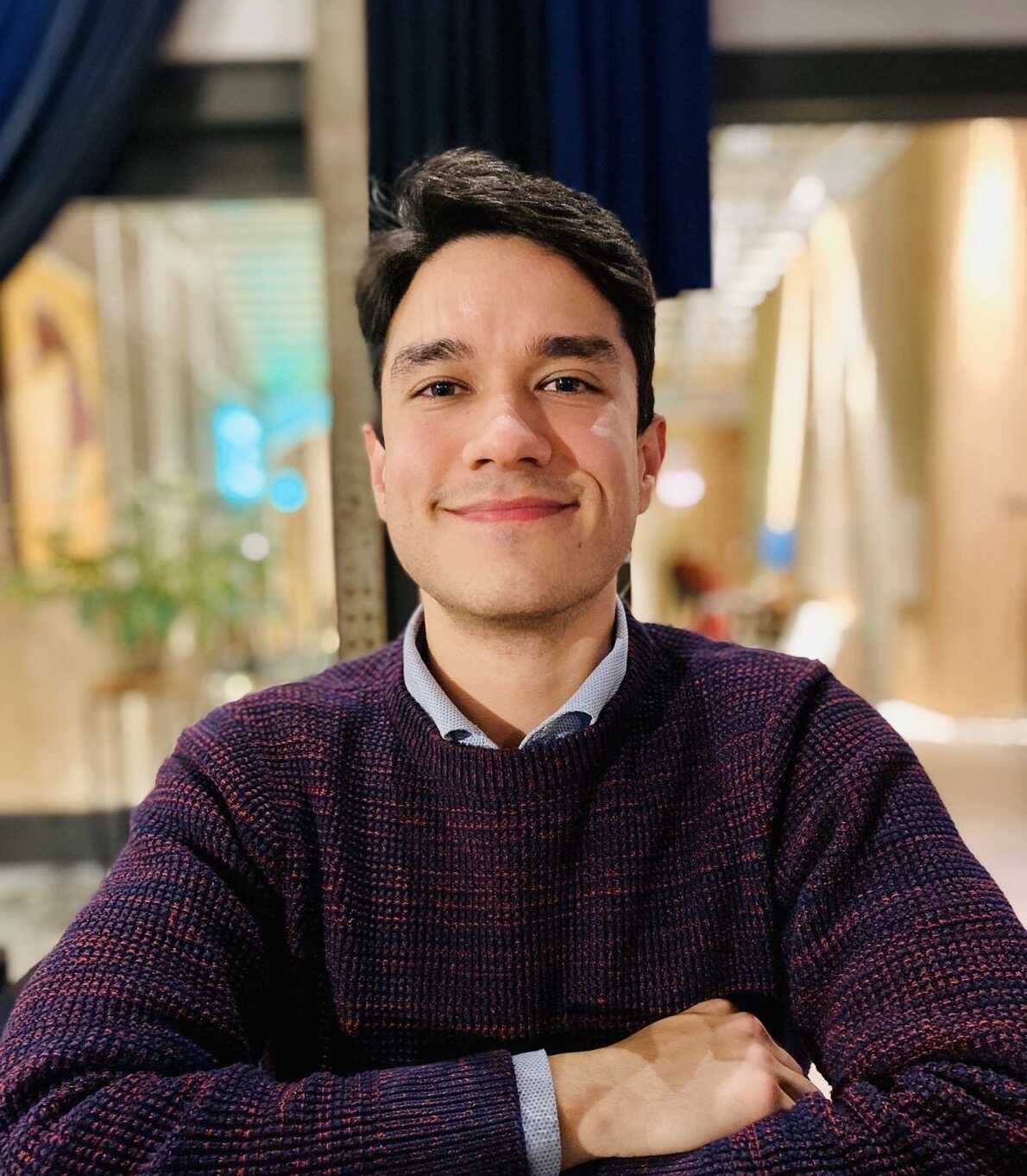
Rok Hrzic
Rok Hrzic is a physician by training and holds MSc degrees in Epidemiology and in Governance and Leadership in European Public Health from Maastricht University. He has experience with novel data sources and analysis methods in public health, in particular utilizing hospital information systems and insurance claims datasets in the area of rare diseases, and indicators of population health and health system performance. He is an affiliated doctoral student with the International Max Planck Research School on Population, Health and Data Science, pursuing a thesis on determinants of mortality convergence in the European Union.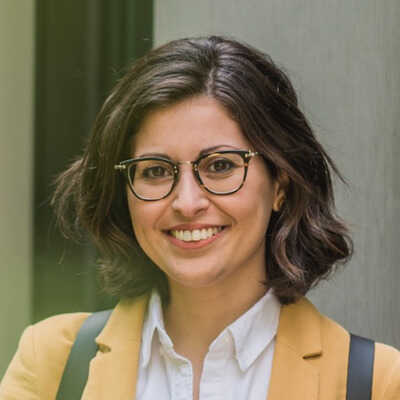
Rossana Ducato
Rossana Ducato is lecturer in European IT Law by Design at UCLouvain. On the 1st of July she will join the School of Law of the University of Aberdeen as a lecturer in IT Law & Regulation. Rossana has a Ph.D. in European and Comparative Legal Studies from the University of Trento. Her research interests include privacy and data protection, intellectual property, empirical legal studies, and legal design.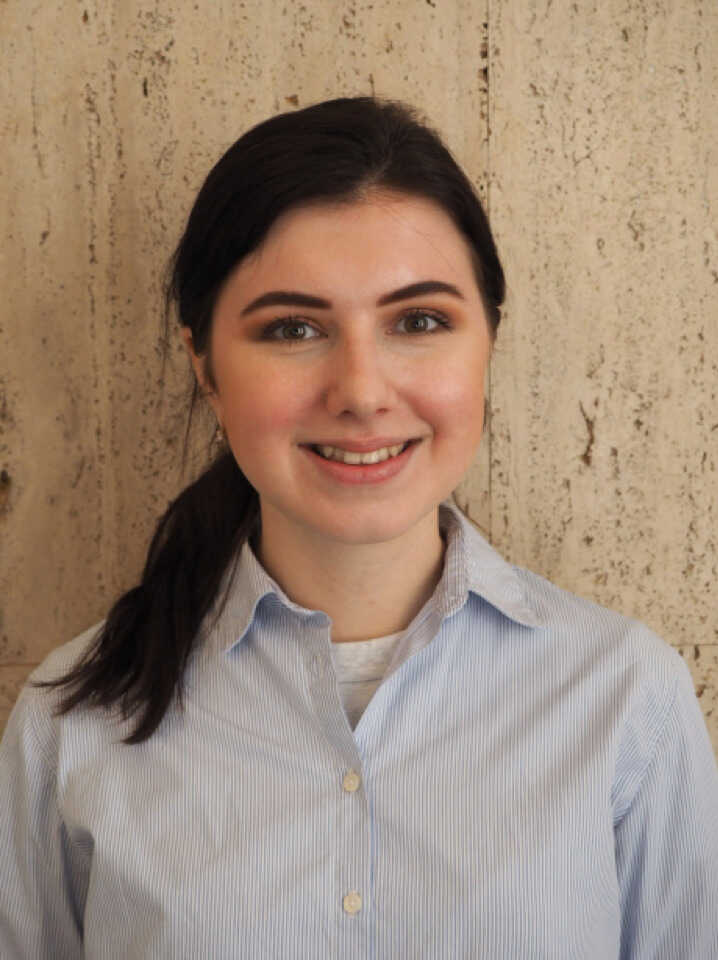
Valentina Golunova
Valentina Golunova is a PhD candidate at the Faculty of Law of Maastricht University. Her research interests lie at the intersection of fundamental rights and digital innovations. In the course of her PhD project, Valentina examines recent transformations of the EU intermediary liability framework in light of the need to afford effective protection of freedom of expression. She seeks to employ computational methods to study the impact of algorithmic content moderation on online content diversity. Furthermore, her goal is to test technical feasibility of safeguards that can be implemented to ensure free expression on the Internet.